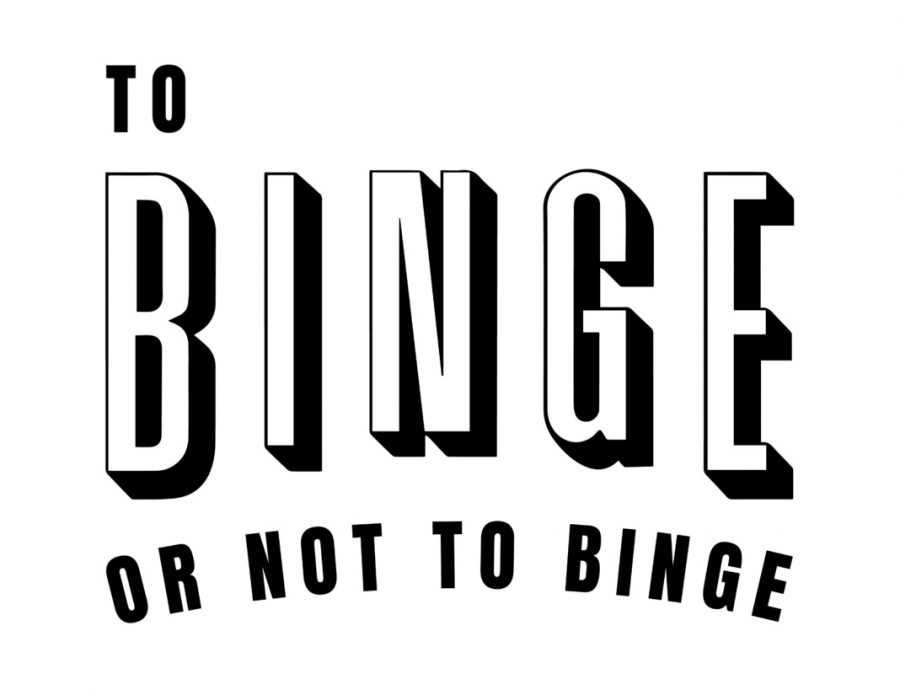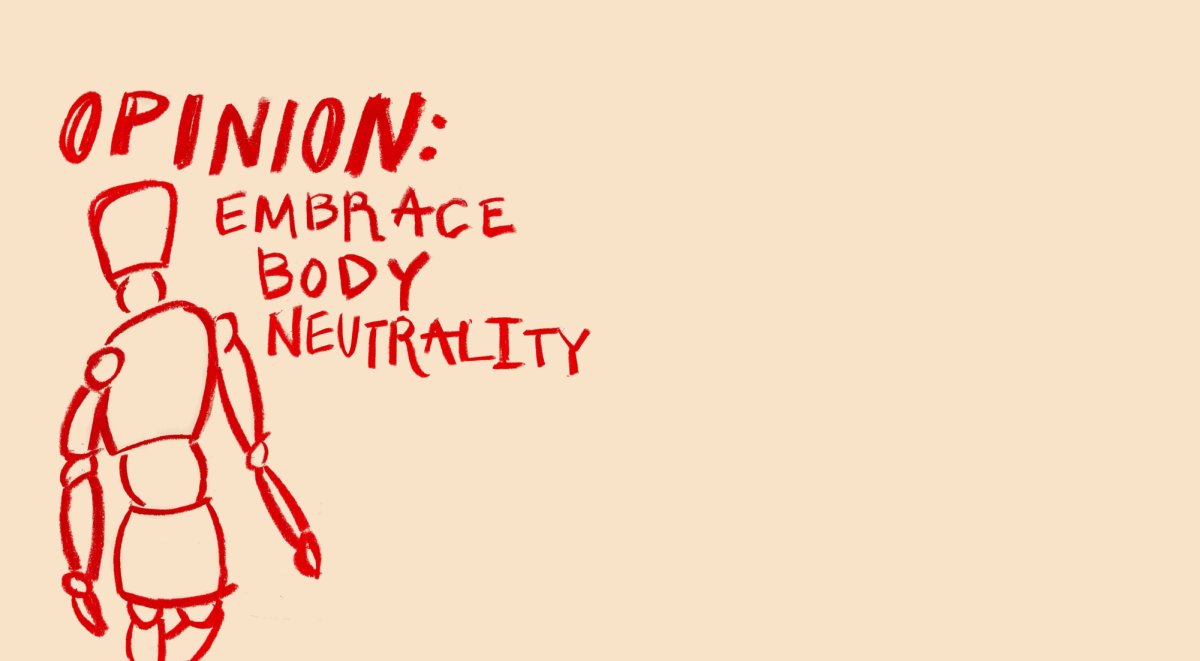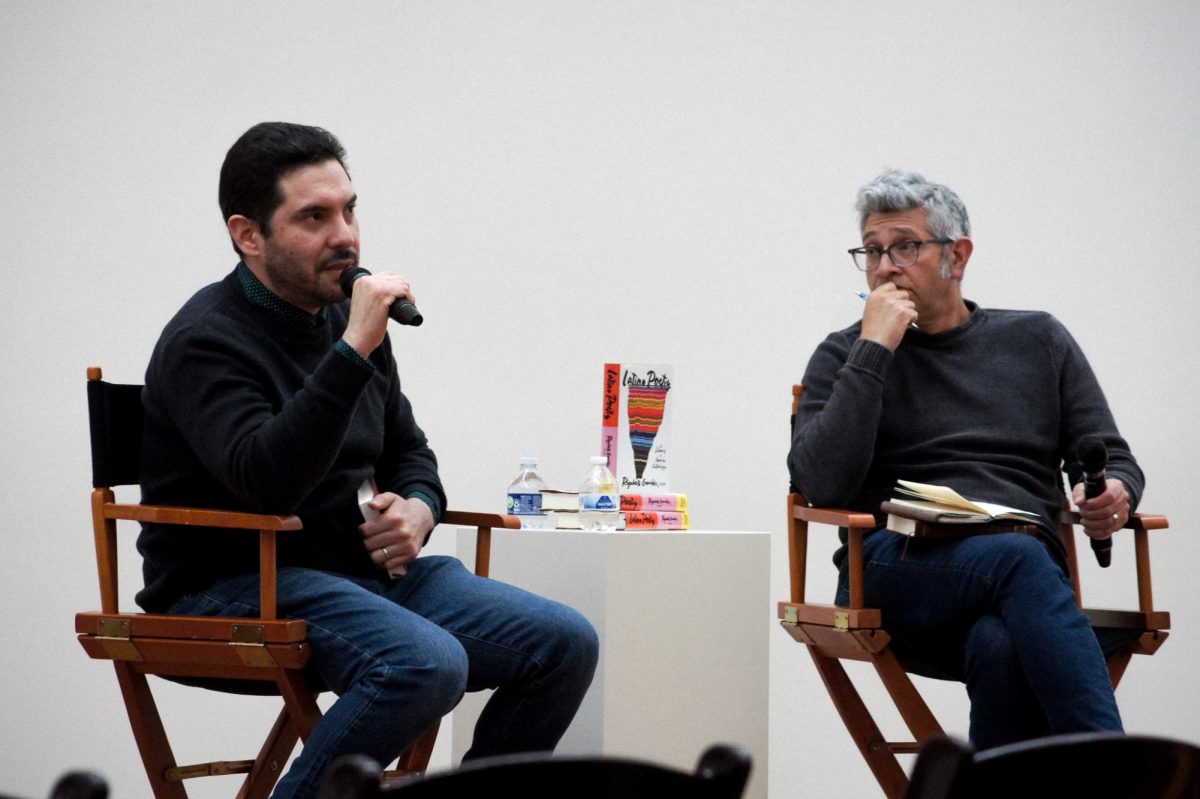To Binge or Not to Binge Episode 77: ‘Hollywood’
(Graphic by Hannah Allred | The Daily Utah Chronicle)
May 29, 2020
This article contains mild spoilers for “Hollywood.”
“Hollywood” is a new Netflix miniseries following a group of actors, directors, writers and producers in the post-war Golden Age of Hollywood. Through the production of the next big thing in Hollywood, the show exposes the inner workings of industry affairs in a way that is both reverent of filmmaking as an art and damning of its gross underbelly of manipulation and prejudice. With a studded cast including David Corenswet, Patti LuPone, Joe Mantello, Jim Parsons, Darren Criss and other veterans of the stage and screen, “Hollywood” is a fast-paced look at the faults of the industry, and how it could be.
To Binge or Not to Binge
After finishing the show, my biggest impression was how “Hollywood” so expertly integrates all of its characters. In the first half of the show, during casting and screen tests for this new film “Peg,” or “Meg” as it evolves, every character we’ve met has a finger in the pie. Creator Ryan Murphy doesn’t fall into the trap of losing any one of his protagonists — all are ultimately integral to the show’s progression. In the best way, it represents the closely-knit world of post-war Hollywood. It’s not what you know, it’s who you know that gets you to the top.
“Hollywood” is also rare in the way it calls on an incredibly diverse cast. It would be easy to write a story around straight white actors and producers making movies representative of their experience. Instead, Murphy’s show follows marginalized individuals — Raymond Ainsley, a half-Filipino director looking to cast Anna May Wong, a Chinese-American silent movie star; Archie Colman, a gay black writer captivated by a story of a white actress Peg Entwistle, who threw herself off the Hollywoodland sign; and Avis Amberg, a mature woman who gains control of the film studio when her husband falls ill — to tell a story of an industry where diversity and representation become celebrated after the fight, rather than tokenized.
The most impactful scene of the show was the Academy Awards celebration at the end of the show where the ground-breaking film “Meg” sweeps almost every category. The historically biased Academy hails Camille Washington — the black actress playing the titular role of Meg — Anna May, Archie and Raymond for their work. As the whole gang celebrates backstage at the ceremony, there is an incredible sense of camaraderie between these vastly different individuals who would not have met if not for the interwoven nature of the industry.
Beyond racial diversity, the show tackles some heavy topics common in Hollywoodland, including closeted sexuality, extramarital affairs, sex workers and sexual manipulation. The show opens with Jack Castello, war veteran and Hollywood hopeful, taking up work in a gas station that is a cover for a prostitution ring and “servicing” Avis Amberg, who is coping with her loveless marriage. Through this connection, he meets Archie, who introduces him to Raymond, where he meets Avis again, and eventually stars in their picture. His story is a foil of that to doe-eyed Roy Fitzgerald, rebranded as Rock Hudson by his sexually abusive agent, who also auditions for their movie.
To Murphy’s credit, it is so refreshing to witness even a fictionalized film world that opens its eyes, a world that starts to celebrate diversity, a world where homosexual relationships are openly accepted, a world where abuse isn’t a casting norm, and a world that starts moving past prejudices. “Hollywood” has been criticized for the way that it seems to ‘fix’ systemic racism through one movie, but I would argue that if that world can be imagined, it can be achieved. If even a fictionalized film in 1940s America can realistically sweep the box offices for its powerful message, the show asks us why we haven’t changed. Even if the show has a glossy finish on discrimination, I would argue it honors the fight of those in the industry.
To sum up my feelings about this show and its message, I got chills watching the screen test for Meg. Watching a cast of characters who are real, who are authentically themselves and don’t shrink to the boxes they think they have to fit in order to succeed in the industry, was powerful, even if it was tied up in a bow at the end.
Best Episode
Episode Five, “Jump,” is powerful and provocative, with a huge turning point and some of the most pivotal moments in Dick Samuels’ and Rock’s character arcs.
Trigger Warnings
This show contains sex, nudity, mature language, smoking and drinking.
“Hollywood”
5/5 stars
Available to stream on Netflix
One season, seven episodes, about seven hours of watch time












